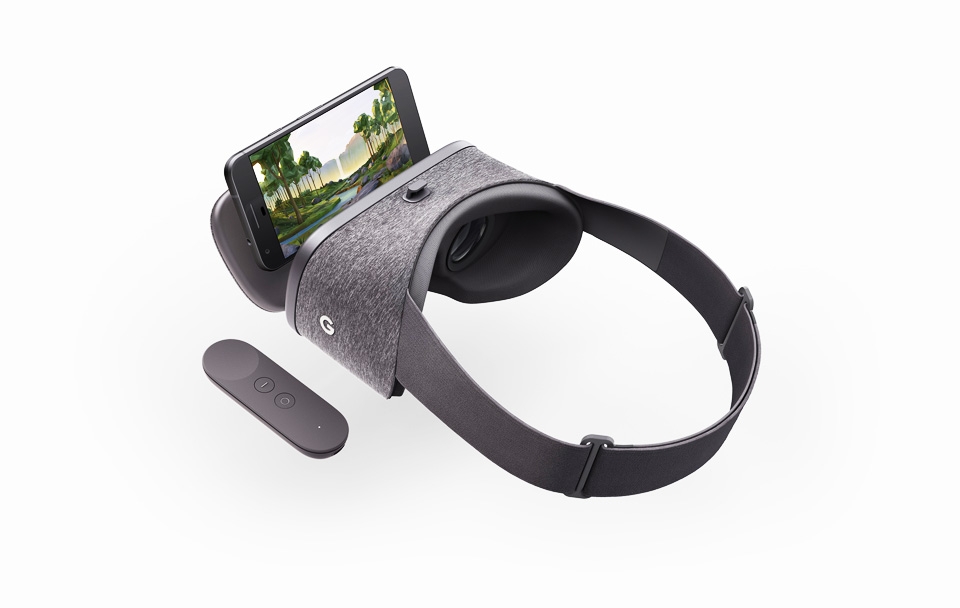
By Craig Taylor | The Duquesne Duke

Immersive VR Education is a company developing virtual reality programs that can be used in classrooms. They have developed programs for the Apollo 11 landing, a medical training simulator and exploration of the Solar System, with more planned.
The yearning desire to be completly immersed in virtual reality has become an antiquated cliché for video game fans. But with household VR technology now closer than ever before, the fad that was once dismissed as unfeasible has found new life in the upcoming Oculus Rift, HTC Vive, PlayStation VR and the portable Samsung Gear headsets. It is interesting science that will undoubtedly change the way video games are played, if they are successful, but the significance of accessible, widespread virtual reality technology goes way, way beyond mere entertainment.
VR technology could become a solution for a number of real-world practical problems, and with Oculus opening up a research division in Pittsburgh, these breakthroughs could be emerging close to home. Virtual reality will undoubtedly affect the gaming landscape, but it also has the potential to create waves in other mainstream industries.
Microsoft’s Kinect, another ambitious gaming peripheral, has already been repurposed for meaningful things such as translating sign language and even facilitating surgery in the operating room. Whereas Kinect only saw marginal success outside the video game market, VR will likely be the most significant gaming technology ever to breakthrough to mainstream use.
While it is hard to argue Americans don’t already enjoy near-limitless communication technologies today, VR could take us even further. Mediums like Skype and Facetime offer distant loved ones an easy way to stay connected, but it can be taken one step further.
Imagine spending an evening in a virtual theater and watching a movie with a significant other stationed overseas. Two-dimensional video conversations suddenly become three-dimensional shared experiences. VR could practically eliminate homesickness by recreating any environment in a virtual space. And with Facebook having purchased Oculus in 2014, it’s likely that the face of social media will change significantly in the coming years.
On the education front, virtual reality can also fulfill every teacher’s dream- literally transporting their class to the subject they’re studying.
When future students learn about the 2016 election, they could sit in on a Republican presidential debate and watch the candidates, listen to the discussion of the important issues of the time and see the ocean of “Make America Great Again” T-shirts.
The company Immersive VR Education is already working on educational programs for subjects like history, geography, biology, math, medicine, astronomy and science. The website touts that students learn most efficiently through experiencing and doing things for themselves, which is an opportunity that virtual reality provides.
The capability of transporting audiences anywhere is already being experimented with by the press. The New York Times has published multimedia projects using pseudo-virtual reality as a precursor to how news could be experienced in the future. Imagine the good that could come out of Americans experiencing foreign ethnic conflict for themselves instead of hearing about it second-hand. VR has the potential to completely revolutionize news media and how we absorb information.
VR could significantly aid in healthcare for the sick, bedridden and mentally ill. The power to create a virtual space could provide treatment for a number of irrational fears. The Virtual Reality Medial Center is an organization that has already used the technology for years to treat mental illnesses, including agoraphobia, panic disorder and posttraumatic stress.
Beyond mental health, VR can aid in end-of-life quality comfort care for senior citizens. Picture a lifelong baseball fan spending an afternoon with his son and grandkids at the ballpark from a virtual seat, despite being confined to a bed. Or an elderly woman spending her last days on a warm Caribbean beach instead of a cold, sterile hospice room. Over time, a device like the Oculus Rift could become as commonplace in medicine as an MRI.
Sure, with regards to video games, VR is going to open up the possibilities for previously impossible experiences. But those who view it as just another gimmick should look beyond games. VR headsets have the potential to shape entire global industries. With proper oversight and innovative minds, this video game hardware has the potential to bring about a whole new technological age.
Who knows? Soon we may have a real life version of the “Star Trek” holodeck open for use. Until then, the potential of VR should be continuously explored.




